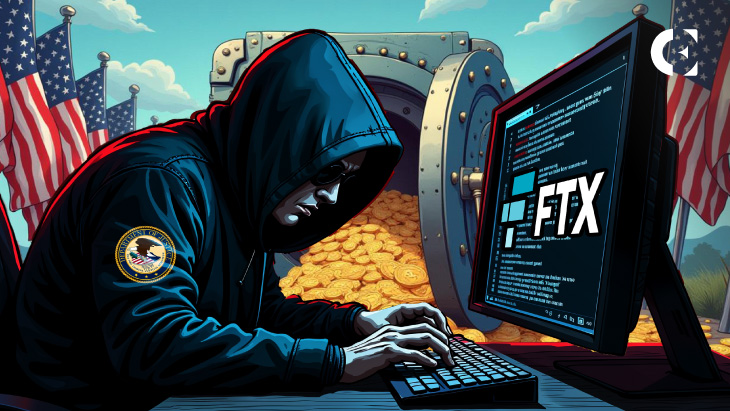- President Trump’s executive order has triggered underlying events.
- An FTX creditor has demanded a refund of seized funds for customers.
- A research analyst believes the US will build its crypto stockpile using seized coins.
President Donald Trump’s executive order to revamp the U.S. crypto landscape has sparked significant discussions. In a recent post on X, an FTX creditor urged the government to return funds seized from alleged hackers who exploited the FTX platform in November 2022.
The creditor pointed to a legal document accusing three individuals—Powell, Rohn, and Hernandez—of stealing $400 million from FTX during its bankruptcy. The value of the stolen digital assets has reportedly surged to approximately $1.5 billion, raising questions about the government’s handling of these funds.
Bitcoin Leads in Government Holdings
The FTX creditor’s post followed a highlight by Galaxy Research’s Head of Research, Alex Thorn, who thinks the “stockpile” narrative in President Trump’s executive order refers to holding what the government already has in its coffers. Thorn does not foresee the US government purchasing more cryptocurrencies, considering the assets in their holdings, most of which are from seizures.
Thorn cited a report by the crypto data analysis platform Arkham, highlighting the US government’s crypto holdings for coins worth over $1 million. Bitcoin topped the chart with 198,109 units worth $20 billion. That formed a significant part of the digital assets held by the government and could become the dominant part of the proposed stockpile.
Related: Trump’s Bitcoin Stockpile Plan: U.S. Reserve Could Hold 1 Million BTC
Other assets in the government’s possession include Ethereum, USDT, WBTC, and BNB, although none exceed $200 million in value. This has fueled speculation that Bitcoin may be the cornerstone of the proposed reserve.
Debate Over Inclusion of U.S.-Based Cryptos
While some believe the stockpile will focus on Bitcoin, others anticipate a broader approach. Trump’s executive order has reignited debates over including U.S.-based cryptocurrencies in the reserve. However, integrating these assets would require additional acquisitions, as many are not currently part of the government’s holdings.
Related: Trump Signs Crypto Executive Orders: Bitcoin Resumes Rally, What’s Next?
On this aspect, the crypto community stays divided. Some argue for a Bitcoin-only reserve, emphasizing its global recognition and established value. Others advocate for a more inclusive approach, which could support domestic crypto projects and foster innovation.
Disclaimer: The information presented in this article is for informational and educational purposes only. The article does not constitute financial advice or advice of any kind. Coin Edition is not responsible for any losses incurred as a result of the utilization of content, products, or services mentioned. Readers are advised to exercise caution before taking any action related to the company.







